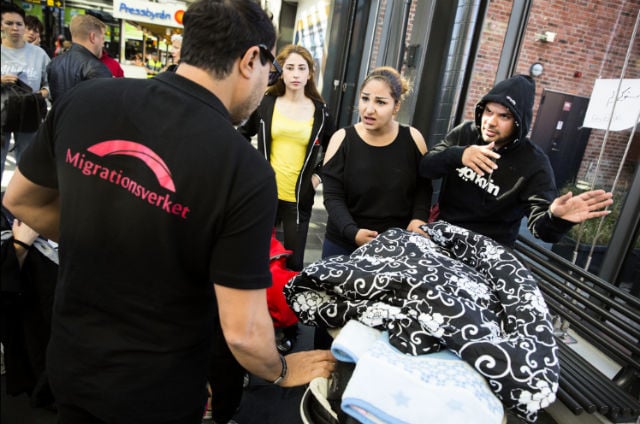The Angouleme festival, which draws hundreds of thousands of visitors to the city in southwestern France, was this year dedicated to the murdered cartoonists of Charlie Hebdo magazine.
The town was full of tributes to the satirical cartoonists killed in a jihadist attack last month, with one of the town's squares renamed "Place de Charlie". A new "Charlie Hebdo award for freedom of expression" was also inaugurated on Sunday, this year going to the magazine itself.
The four-day festival climaxed on Sunday with its top prize — for best book of the year — going to "The Arab of the Future: a childhood in the Middle East" by Riad Sattouf, a funny and moving look at life in France and under the dictatorships of Libya and Syria in the late 1970s and early 1980s.
Sattouf, who is half-French and half-Syrian, has also featured regularly in Charlie Hebdo with a series called "The Secret Life of Youngsters".
The festival's lifetime achievement award was given on Thursday to Katsuhiro Otomo, creator of the cult Japanese series Akira — the first manga cartoonist to win the prize.



 Please whitelist us to continue reading.
Please whitelist us to continue reading.
Member comments